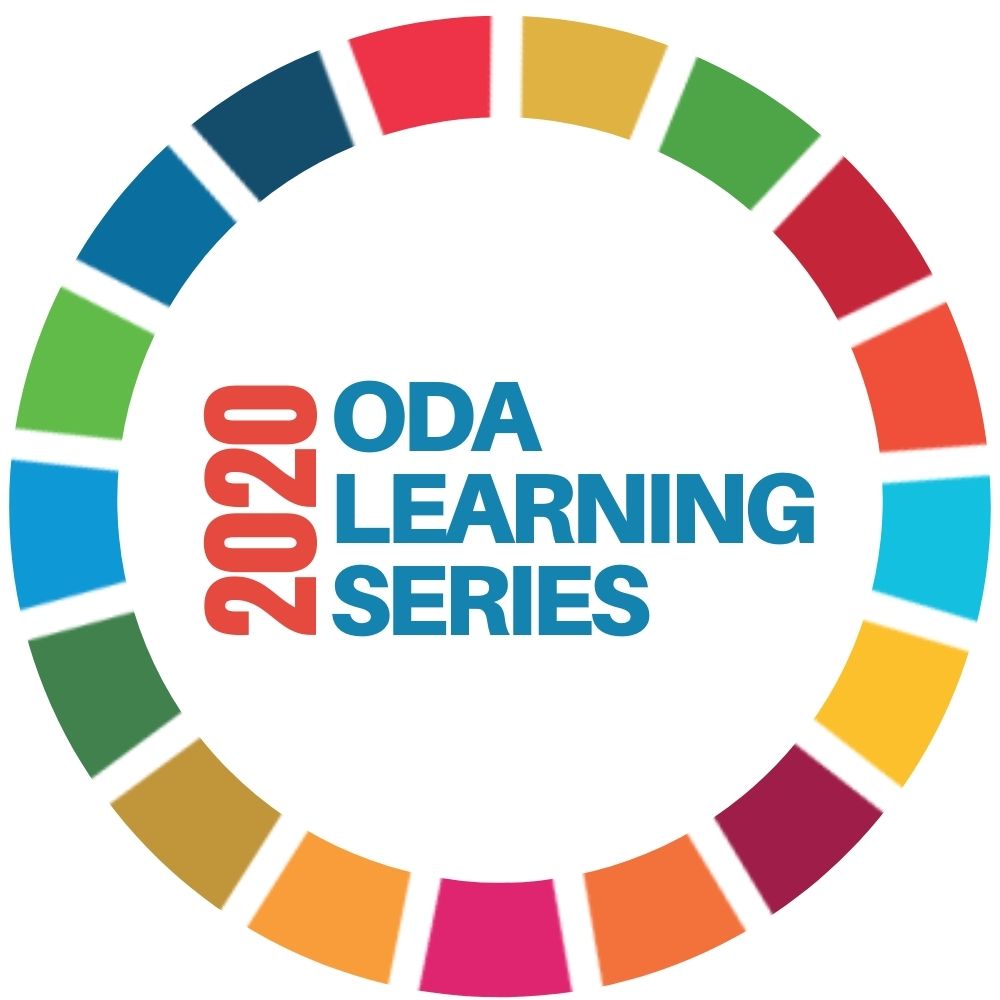The unprecedented health and socio-economic crises are expected to aggravate existing development challenges. Two webinars opening this year’s ODA 2020 Series will explore ideas on what the future of development cooperation could look like; how development practitioners help countries and stakeholders respond to COVID-19; and how we need to revamp our efforts to achieve the Sustainable Development Goals.
Webinar 1: Thursday, 27th of August, 11.00-12.00 Istanbul time
Speakers:
Ana Fernandes, Head of Foresight, Outreach and Policy Reform Unit, Development Co-operation Directorate, OECD
Stephan Klingebiel, Director of UNDP's Global Policy Centre in Seoul
Sung-Il Son, the Director of the Program Strategy and Policy Planning Team, Korea International Cooperation Agency (KOICA)
Agenda:
- Emerging trends on the future of development co-operation in light of the COVID-19 pandemic;
- International development cooperation post COVID-19 – A new way of interaction?
- Development cooperation during COVID-19: Republic of Korea’s experience.
Webinar 2: Thursday, 3rd of September, 11.00-12.00 Istanbul time
Speakers:
George Bouma, Team Leader, Sustainable Development Cluster, UNDP Istanbul Regional Hub
Arda Batu, General Secretary of TURKCONFED
Karen Smith, Programme Coordinator, Connecting Business initiative (CBi)
Agenda:
- COVID-19 and the commitment to the Sustainable Development Goals;
- How to help SMEs recover from the impacts of COVID-19?
- How to engage the private sector in responding to crises?
|
|


Dear Eva, greetings from the UNDP Seoul Policy Centre! Many thanks for this relevant question.
The pandemic clearly impacts the traditional North-South narrative of international development cooperation. We can observe many alternative approaches such as South-South, South-North, and North-West cooperation. An example for this is the Chinese aid in Italy, as mentioned in the article provided by you, or Russian aid to the US. Please see our article “International (development) cooperation in a post-COVID-19 world: a new way of interaction or super-accelerator?” for further examples and ideas on this topic.
However, despite the changing narrative, there is still the fundamental paradox of an increasing demand in international cooperation but a decreasing willingness of the international community for collective action. Hence, the pandemic seems to accelerate pre-existing trends that are characterized by a weakening approach to development cooperation. Please feel free to have a look on our webinar series debating the impact of the pandemic on international development cooperation.